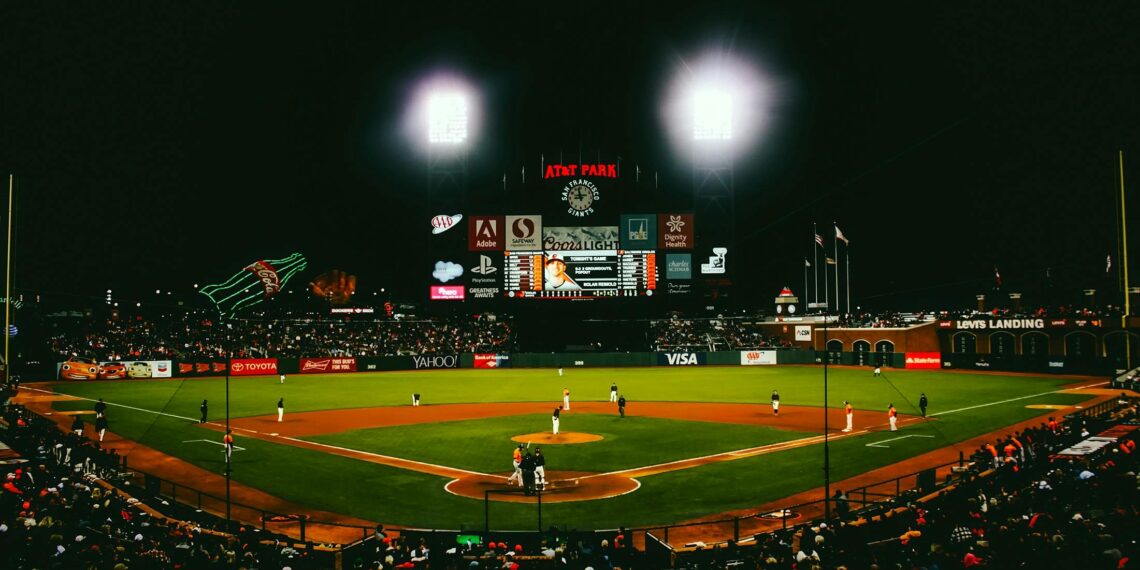
Sports and history are deeply intertwined, as sports have been a significant part of cultures and civilizations for centuries. They reflect not only physical prowess but also political, social, and economic changes throughout history. Here are a few ways in which sports and history are connected:
- Ancient Civilizations and Early Sports:
- The Ancient Greeks are credited with starting the Olympic Games in 776 BC, marking one of the earliest organized sporting events in history. This event was held every four years at Olympia and was a significant part of Greek culture.
- The Romans had gladiatorial contests and chariot racing, which were not only popular entertainment but also served to showcase the power and might of the Empire.
- Sports as Tools for National Identity and Pride:
- In the 19th and 20th centuries, many countries used sports as a way to promote national pride. For example, countries like the United States, the Soviet Union, and Germany used sporting achievements to showcase their political ideologies and global status.
- The “Miracle on Ice” during the 1980 Winter Olympics, when the U.S. ice hockey team defeated the Soviet Union, became a symbol of the Cold War and American superiority over its rival.
- Civil Rights and Social Movements in Sports:
- Sports have also been a platform for addressing social issues. The 1968 Olympic Black Power salute, where Tommie Smith and John Carlos raised their fists in protest of racial injustice, remains one of the most iconic moments in sports history.
- The fight for equality in sports has led to landmark changes, such as Title IX in the U.S. that helped create greater opportunities for women in sports.
- World Wars and Sports:
- During both World Wars, sports were disrupted, but they also became important tools for morale. In the trenches, soldiers would organize games to maintain their spirits.
- The 1948 London Olympics, held just after World War II, were seen as a symbol of post-war recovery and unity.
- Economic and Cultural Impact:
- Today, sports have evolved into a multi-billion dollar industry. The history of professional sports leagues like the NFL, NBA, and Premier League showcases how economics, media, and technology have shaped the modern sports world.
- Sports have also become a global phenomenon, with major events like the FIFA World Cup or the Summer and Winter Olympics drawing millions of fans from all over the world.
Sports are not just games but mirrors of the times and cultures in which they are played, offering insights into everything from social justice to geopolitics. Is there a particular sport or historical moment that interests you?
